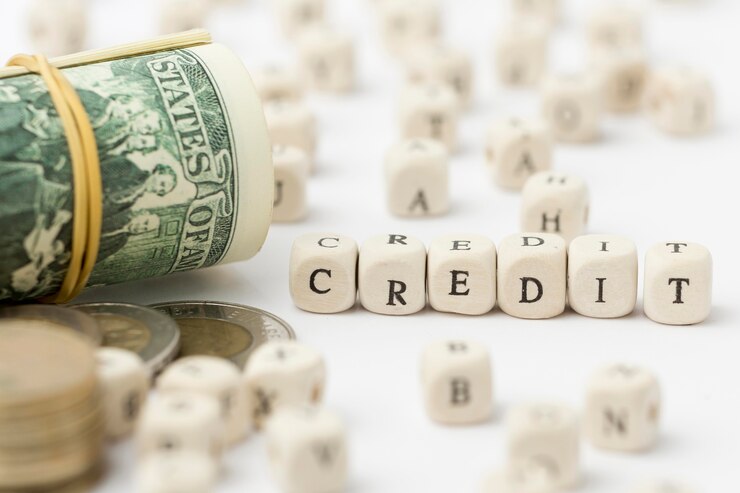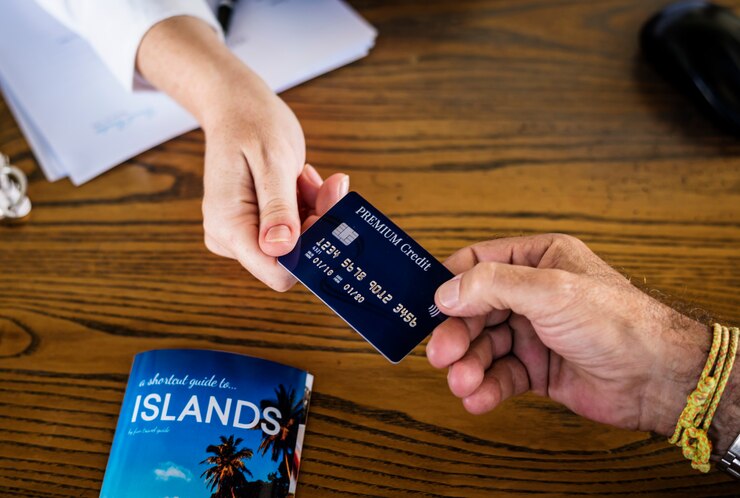Credit cards are essential for tracking daily spending, establishing credit, and gaining access to a range of financial advantages in the area of personal finance. But not everyone has a stellar credit record. It can be difficult and complicated for people with fair credit to navigate the credit card market. This in-depth tutorial will explain fair credit, explain why it matters, and show you the best credit card options for people with fair credit scores.
Comprehending Equitable Credit
Based on their credit history, credit scores, which often range from 300 to 850, indicate a person’s creditworthiness. Depending on the credit scoring model being utilized, fair credit typically falls within one of two ranges: 580 to 669. Fair credit—which is neither excellent nor terrible—indicates a reasonable amount of credit risk for lenders.
There are a number of factors that affect a fair credit score, including:
Bills, loans, and credit card balances have all been paid on schedule.
The ratio of credit utilized to available credit is known as credit utilization.
Length of Credit History: The amount of time you have owned credit cards.
Recent account openings and credit queries constitute new credit.
Credit mix refers to the range of credit accounts, including mortgages, loans, and credit cards.
Reputable financial practices, like on-time bill payment, minimal credit card balances, and limiting the number of new credit applications you submit, are essential to maintaining fair credit.

Fair Credit Is Essential
In the world of finance, fair credit is nevertheless important even though it isn’t as beneficial as great credit. Fair credit is important because:
Fair credit makes it possible for people to be approved for loans, credit cards, and other financial goods.
Interest rates: Compared to rates for bad credit, fair credit interest rates are typically lower, though they may still be higher.
Credit Building: Over time, responsible credit management can result in higher credit scores.
Financial Opportunities: Renting an apartment, obtaining utility approval, and obtaining affordable insurance rates are all made possible by having good credit.
Which Credit Card Is Best for Fair Credit?
To maximize benefits and reduce costs, there are a number of criteria to take into consideration when choosing a credit card with fair credit. Key elements to consider are as follows:
Credit Limit: Seek for credit cards that allow you to meet your needs for spending without the temptation of overspending.
Fees: To minimize excessive expenses, be mindful of annual, late payment, and foreign transaction fees.
Interest Rates: Look about for competitive rates even though fair credit cards could have higher interest rates.
Benefits and Prizes: Some fair credit cards include rewards like cash back, points, or benefits like travel insurance or extended warranties.
Credit-Building Elements If you use credit cards responsibly, you can raise your credit score by choosing ones that report to the main credit agencies.
Best Credit Cards for Those with Fair Credit
For people with fair credit scores, a number of credit card options are available. Here are a few top selections:
-
Capital One Platinum Credit Card:
- No annual fee.
- Credit limit increases possible with responsible use.
- Access to CreditWise® to monitor credit score.
- Customizable due date and payment method options.
-
Discover it® Secured Credit Card:
- Designed for building or rebuilding credit.
- Requires a security deposit but offers rewards and cashback.
- Free FICO® credit score monitoring.
- Automatic reviews for potential credit line increases.
-
Credit One Bank Platinum Visa:
- Tailored for fair credit with potential credit line increases.
- Rewards program with cashback on eligible purchases.
- Monthly credit score tracking.
- Customizable card designs.
-
Capital One QuicksilverOne Cash Rewards Credit Card:
- Earn unlimited 1.5% cashback on every purchase.
- Higher credit lines available after on-time payments.
- No foreign transaction fees.
- Access to CreditWise® for credit monitoring.
-
Chase Freedom Unlimited®:
- Ideal for fair credit with cashback rewards.
- Earn 1.5% cashback on all purchases.
- No annual fee.
- Opportunity to upgrade to other Chase cards with better rewards in the future.
Advice on How to Effectively Manage Fair Credit Cards
Being responsible with your credit card once you’ve been granted one for fair credit is essential to your financial health. The following advice is provided:
Pay on Time: To keep your credit history pristine, try to avoid making late payments.
Keep Balances Low: To show that you are using credit responsibly, try to utilize no more than 30% of your credit limit.
Watch Your Credit: Continually review your credit report for mistakes and monitor the rise in your credit score.
Remain frugal and use your credit card only for well-planned, within-your-means purchases to avoid going overboard.
Reward Use: Benefit from rewards, but don’t go overboard in order to accrue them.
Increasing Credit for a Better Financial Future
Fair credit offers chances for development and advancement even though it could cause difficulties. Fair credit holders can improve their credit scores and gain access to better financial goods in the future by choosing the proper credit card, using it wisely, and developing excellent financial habits.
In conclusion, establishing fair credit is a necessary step on the path to financial security and credit openings. Credit cards for fair credit can be useful resources in laying a solid financial foundation if used responsibly and with the appropriate information and resources.

